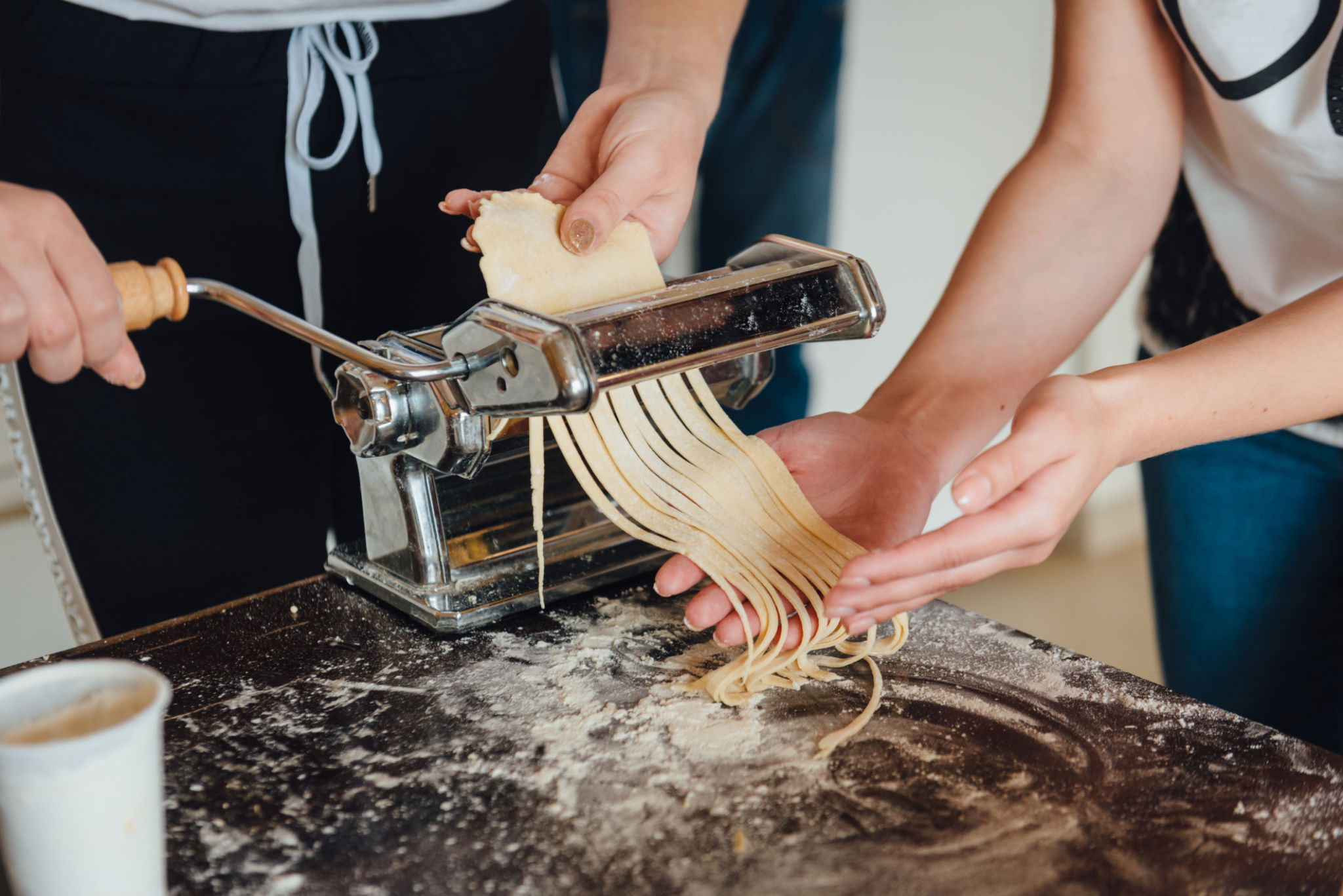Pasta Making Classes: What to Expect and How to Prepare
Why Take a Pasta Making Class?
Whether you're a seasoned cook or a culinary novice, pasta making classes offer a unique opportunity to expand your skills and bring a taste of Italy right into your home. These classes provide hands-on experience, teaching you the art of crafting perfect pasta from scratch. You will learn about different types of pasta, the best flours to use, and how to achieve the ideal dough consistency.

Participating in a pasta making class is not just about learning to cook; it's an immersive experience that connects you with the rich traditions of Italian cuisine. You'll gain insights into the cultural significance of pasta and develop an appreciation for the meticulous craft involved in its creation.
What to Expect in a Pasta Making Class
Most pasta making classes begin with a brief introduction to the history and varieties of pasta. Instructors will guide you through each step, from mixing ingredients to rolling and cutting the dough. Expect to get your hands messy, as you knead and shape the pasta under expert guidance.
Classes are typically interactive and encourage participants to ask questions and share experiences. You may also get a chance to taste different sauces and learn which pair best with the pasta you've made. By the end of the class, you'll have a delicious meal to enjoy, along with newfound skills to try at home.

Tools and Ingredients You'll Use
During the class, you'll likely use a variety of tools such as pasta rollers, cutters, and drying racks. The ingredients are usually simple yet crucial for authentic pasta. Expect to work with flour, eggs, olive oil, and salt as your base components.
- Pasta rollers: Essential for achieving the perfect thickness.
- Cutters: Used for creating different shapes like fettuccine or ravioli.
- Drying racks: Helps in drying out the pasta before cooking.
How to Prepare for Your Class
Preparation is key to getting the most out of your pasta making class. Here are some tips to ensure you're ready:
- Dress comfortably: Wear clothes you don't mind getting flour on. An apron is often provided, but it's good to have one just in case.
- Bring a notebook: Taking notes can help you remember key techniques and tips shared by the instructor.
- Arrive early: Getting there ahead of time ensures you have a good spot and can settle in before starting.

After the Class: Continuing Your Pasta Journey
Once you've completed your pasta making class, the journey doesn't end there. Practice makes perfect, so try making pasta at home using the techniques you've learned. Experiment with different shapes and fillings, and don't hesitate to get creative with sauces.
Consider joining a community of fellow pasta enthusiasts online or locally to share experiences and tips. With dedication and practice, you'll soon master the art of pasta making, bringing joy and delicious dishes to your family and friends.